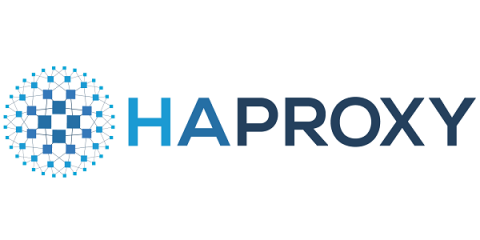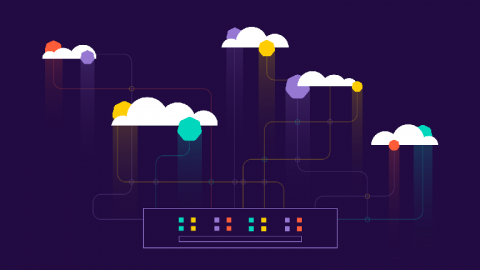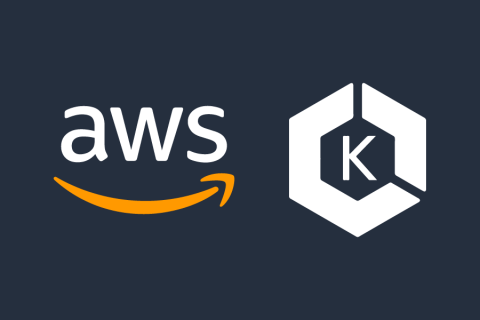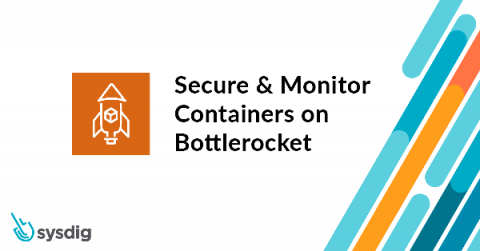Multi-Cluster Vulnerability Scanning with Alcide and Rancher
Kubernetes provides the freedom to rapidly build and ship applications while dramatically minimizing deployment and service update cycles. However, the velocity of application deployment requires a new approach that involves integrating tools as early as possible in the deployment pipeline and inspecting the code and configuration against Kubernetes security best practices. Kubernetes has many security knobs that address various aspects required to harden the cluster and applications running inside.











